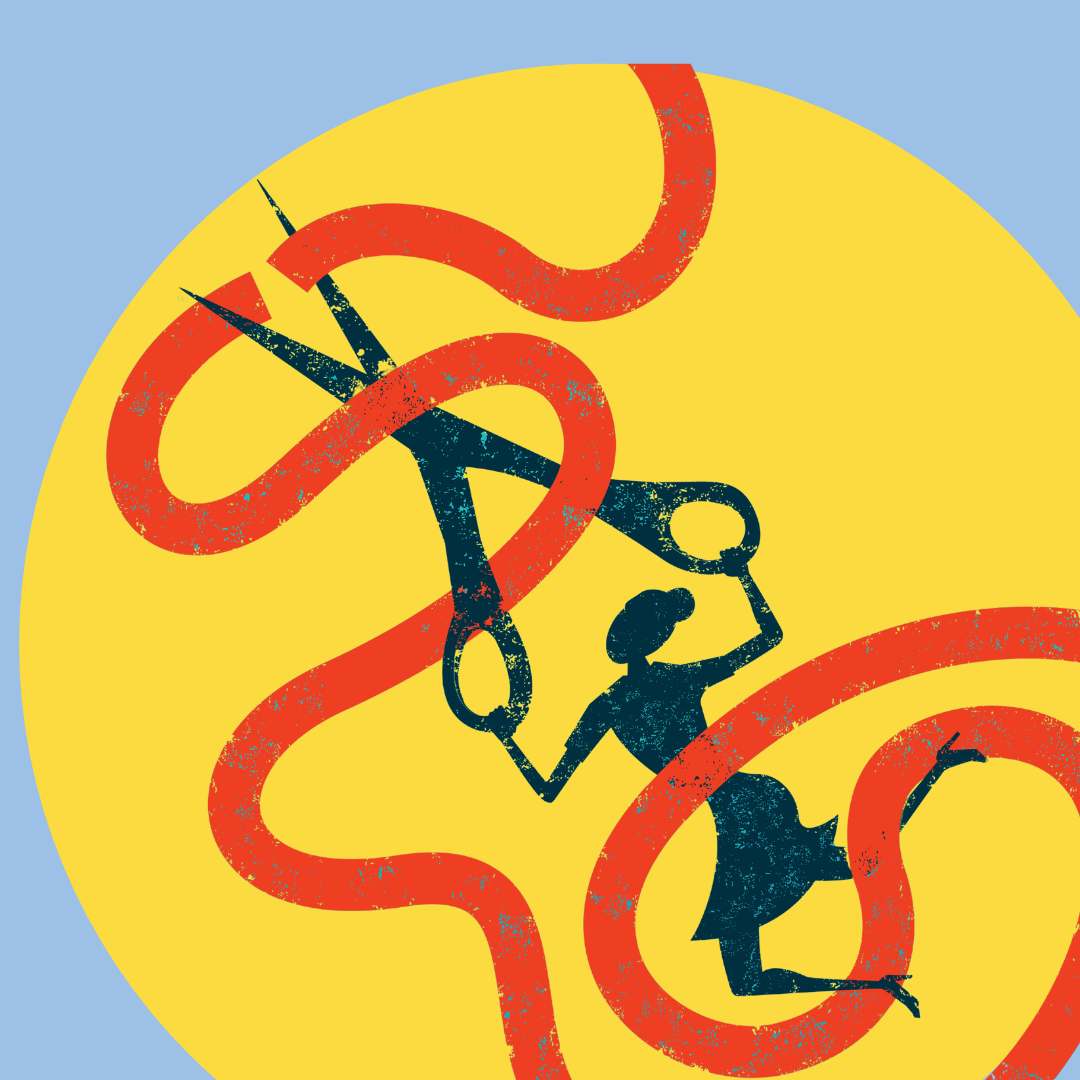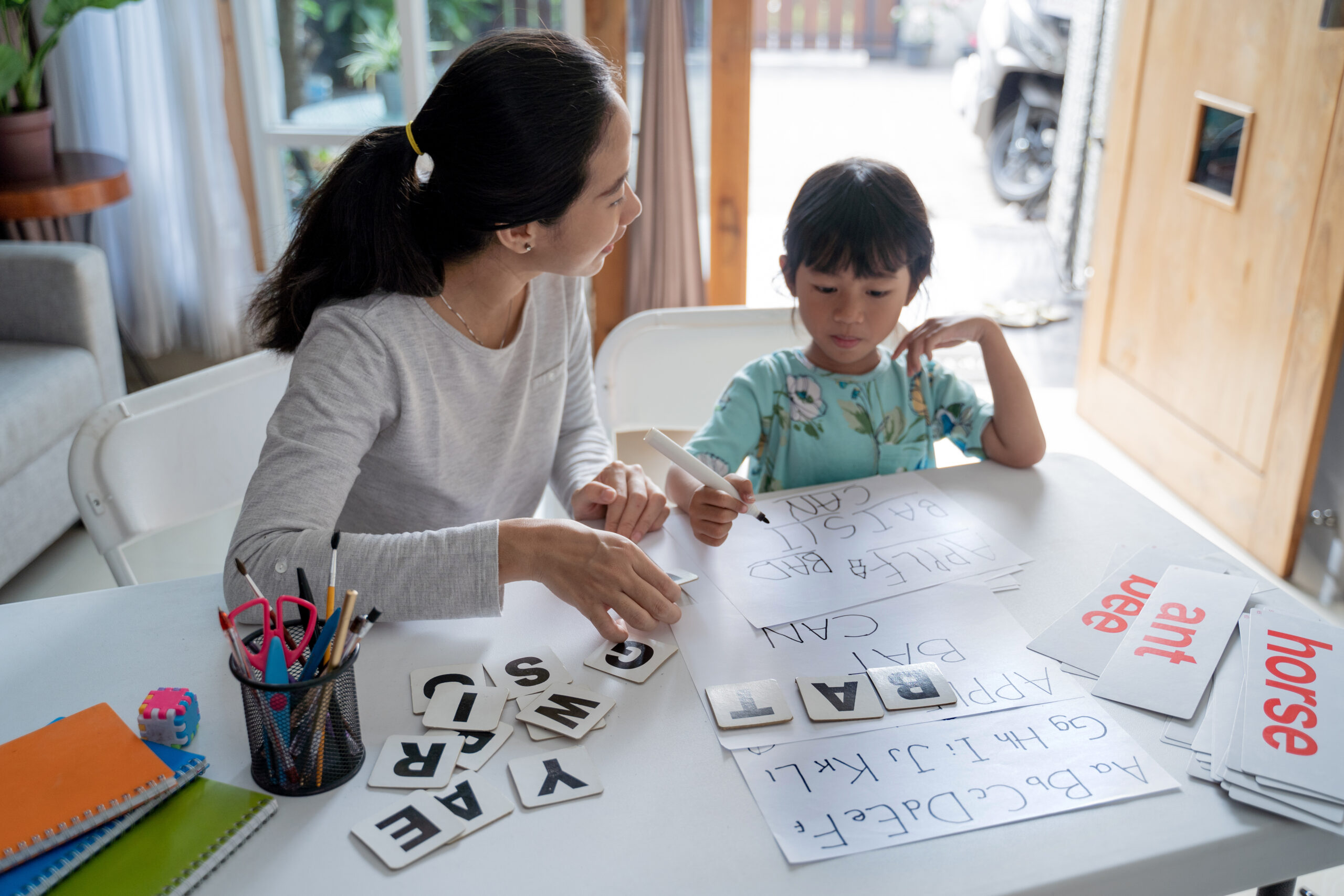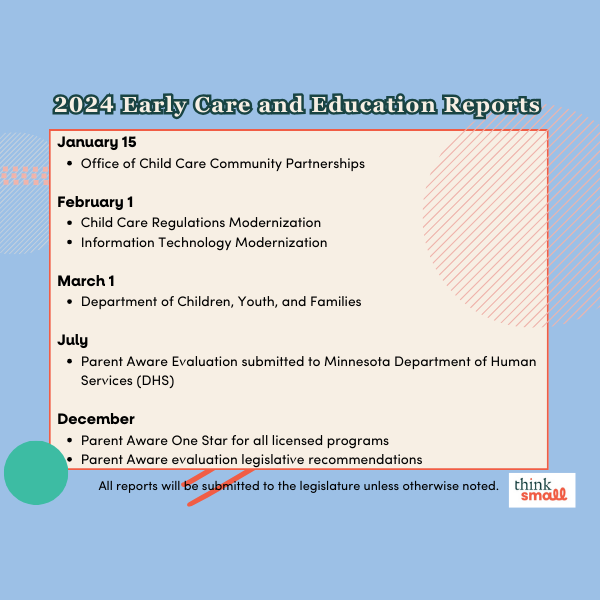![June Policy Hour 2016 3[1]](https://www.thinksmall.org/wp-content/uploads/2016/06/June-Policy-Hour-2016-31-300x169.jpg) The Minnesota’s Future June Policy Hour reviewed the 2016 legislative session, combing through a list of proposals that passed, did not pass, and some that still may pass if a special session is called. On hand to explain the information were Ann McCully, Executive Director of Child Care Aware of Minnesota, Valerie Dosland, lobbyist at Ewald Consulting, and Ben Horowitz, Policy Advocate at the Minnesota Budget Project.Ben observed that when it comes to the legislature, “Every year is a special snowflake in the Capitol area.” It is still unclear if the Governor will call a special session. It is also unclear what the legislature would or would not discuss if there was a special session.Ann and Valerie gave an overview of expectations and what happened during the session in regards to early childhood education. For a list of policies that did and did not pass, refer to our previous blog post. It was also noted that the Select Committee on Affordable Child Care passed legislation creating a task force to continue to learn about child care in Minnesota, especially in Greater Minnesota.Ben discussed policies in the proposed (now-vetoed) tax bill, focusing on two measures helping low- and middle-income families: the Working Family Tax Credit and Child and Dependent Care Credit. For more information about those proposed policies, check out the Minnesota Budget Project blog.A few questions centered on the Child Care Assistance Program (CCAP) changes that were not implemented this year. Federal policy changes need to be adopted by states to comply with the changes. Unfortunately, the state did not pass any legislation to comply this session. Minnesota will have to apply for waivers because it will not meet some federal deadlines. For instance, they were not yet able to require annual inspections of child care programs.Presenters clarified that the Voluntary Pre-K initiative signed into law does not require teachers to be licensed. If programs are interested in participating, they should contact their local school district as soon as possible. Because all of the information is very new, there are still some questions remaining about how voluntary pre-k will be implemented. The Minnesota Department of Education has more information on their website.Parent Aware received $2 million in one time money this session. The money will be used to encourage access and training for providers. Quality Improvement Supports dollars will be available for the next cohort of providers, and additional money will likely be used to keep training costs low.As we enter summer and an uncertain special session, presenters encouraged Minnesotans to stay engaged in the ongoing process. All state legislator seats will be on the ballot this fall. Talking to candidates, attending candidate forums, and inviting legislators to visit child care programs were suggested as opportunities to engage in the process.
The Minnesota’s Future June Policy Hour reviewed the 2016 legislative session, combing through a list of proposals that passed, did not pass, and some that still may pass if a special session is called. On hand to explain the information were Ann McCully, Executive Director of Child Care Aware of Minnesota, Valerie Dosland, lobbyist at Ewald Consulting, and Ben Horowitz, Policy Advocate at the Minnesota Budget Project.Ben observed that when it comes to the legislature, “Every year is a special snowflake in the Capitol area.” It is still unclear if the Governor will call a special session. It is also unclear what the legislature would or would not discuss if there was a special session.Ann and Valerie gave an overview of expectations and what happened during the session in regards to early childhood education. For a list of policies that did and did not pass, refer to our previous blog post. It was also noted that the Select Committee on Affordable Child Care passed legislation creating a task force to continue to learn about child care in Minnesota, especially in Greater Minnesota.Ben discussed policies in the proposed (now-vetoed) tax bill, focusing on two measures helping low- and middle-income families: the Working Family Tax Credit and Child and Dependent Care Credit. For more information about those proposed policies, check out the Minnesota Budget Project blog.A few questions centered on the Child Care Assistance Program (CCAP) changes that were not implemented this year. Federal policy changes need to be adopted by states to comply with the changes. Unfortunately, the state did not pass any legislation to comply this session. Minnesota will have to apply for waivers because it will not meet some federal deadlines. For instance, they were not yet able to require annual inspections of child care programs.Presenters clarified that the Voluntary Pre-K initiative signed into law does not require teachers to be licensed. If programs are interested in participating, they should contact their local school district as soon as possible. Because all of the information is very new, there are still some questions remaining about how voluntary pre-k will be implemented. The Minnesota Department of Education has more information on their website.Parent Aware received $2 million in one time money this session. The money will be used to encourage access and training for providers. Quality Improvement Supports dollars will be available for the next cohort of providers, and additional money will likely be used to keep training costs low.As we enter summer and an uncertain special session, presenters encouraged Minnesotans to stay engaged in the ongoing process. All state legislator seats will be on the ballot this fall. Talking to candidates, attending candidate forums, and inviting legislators to visit child care programs were suggested as opportunities to engage in the process.







